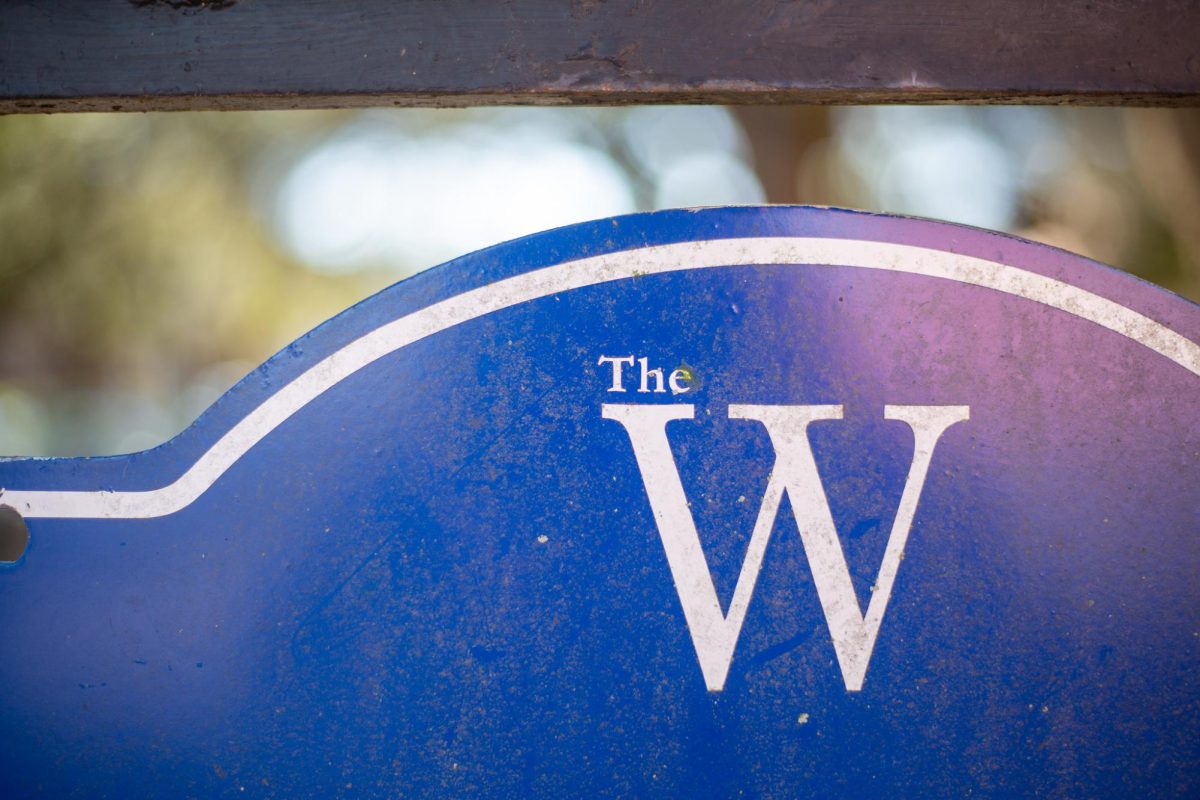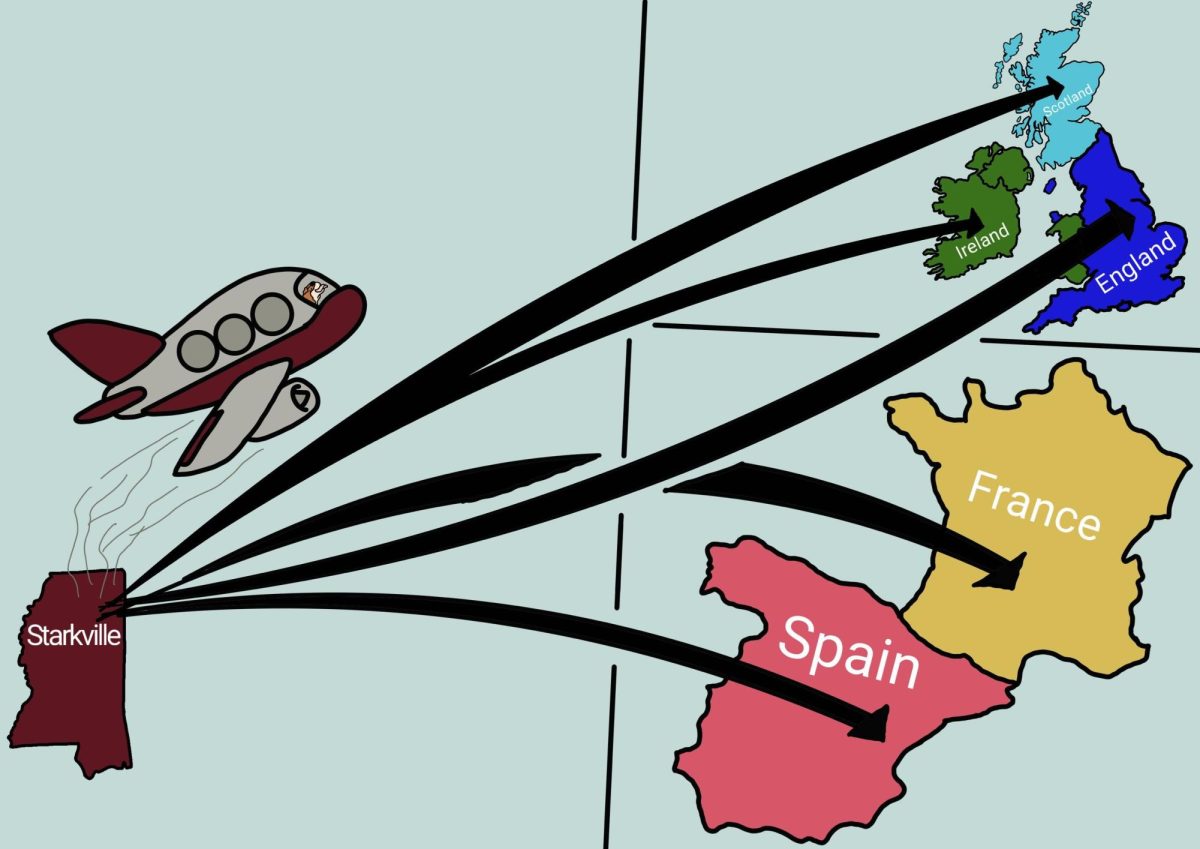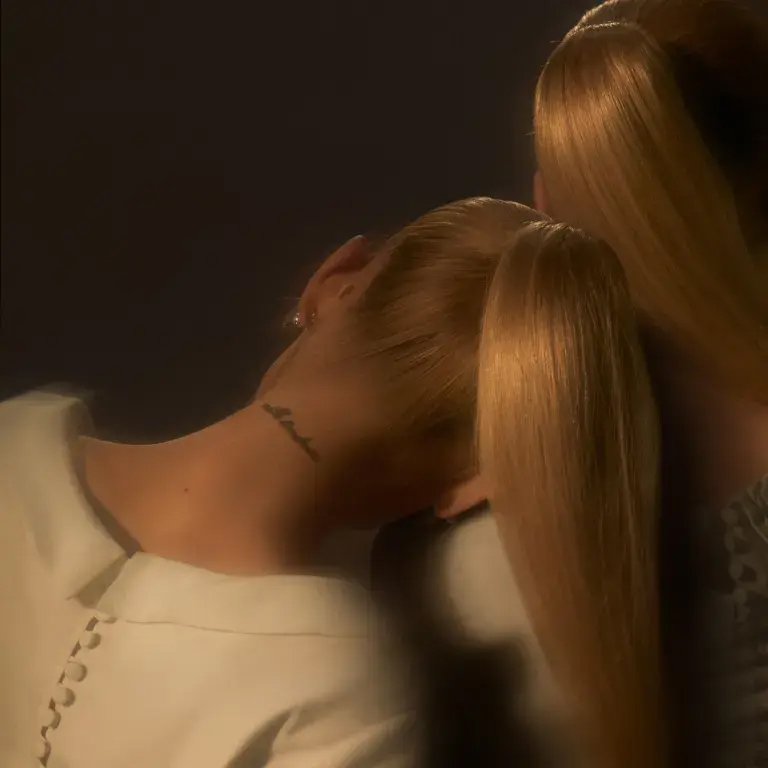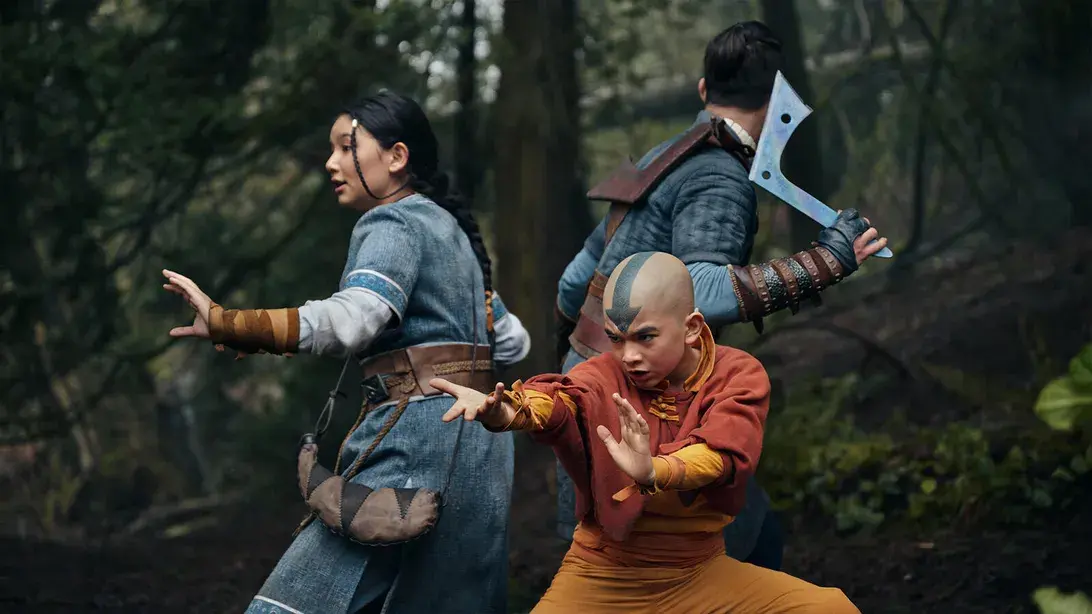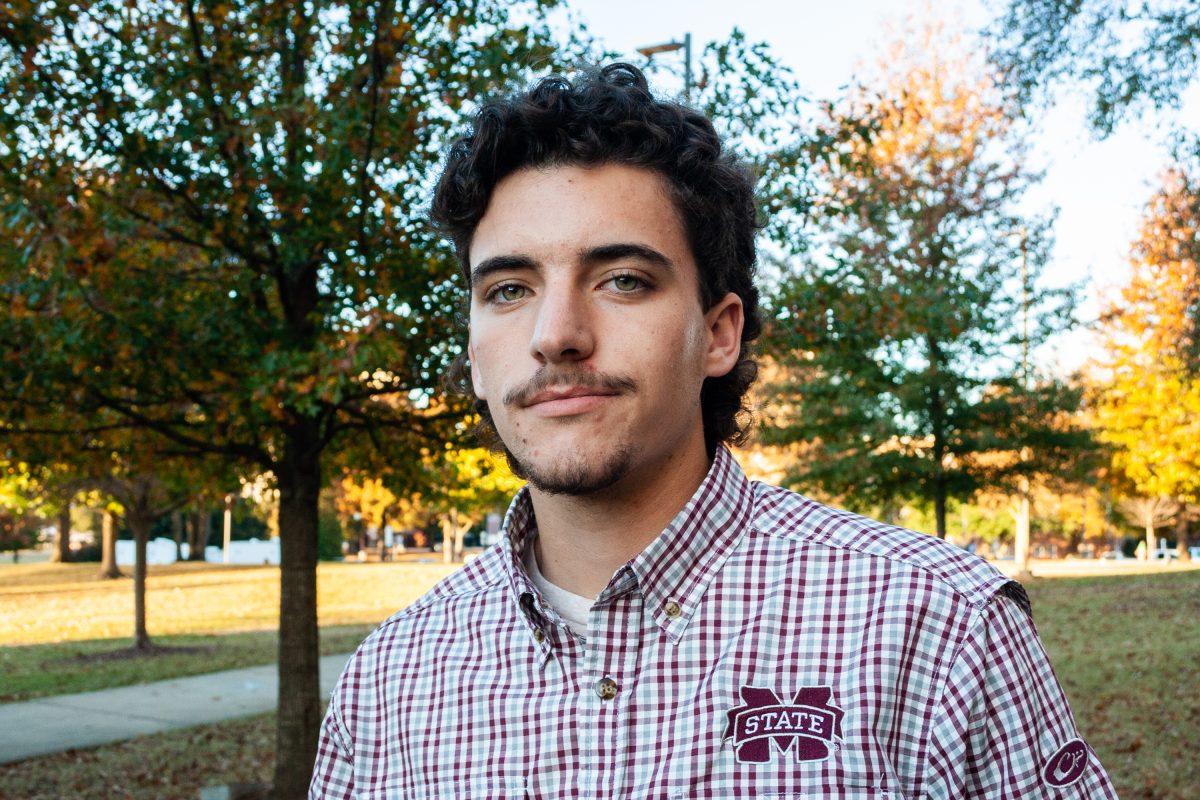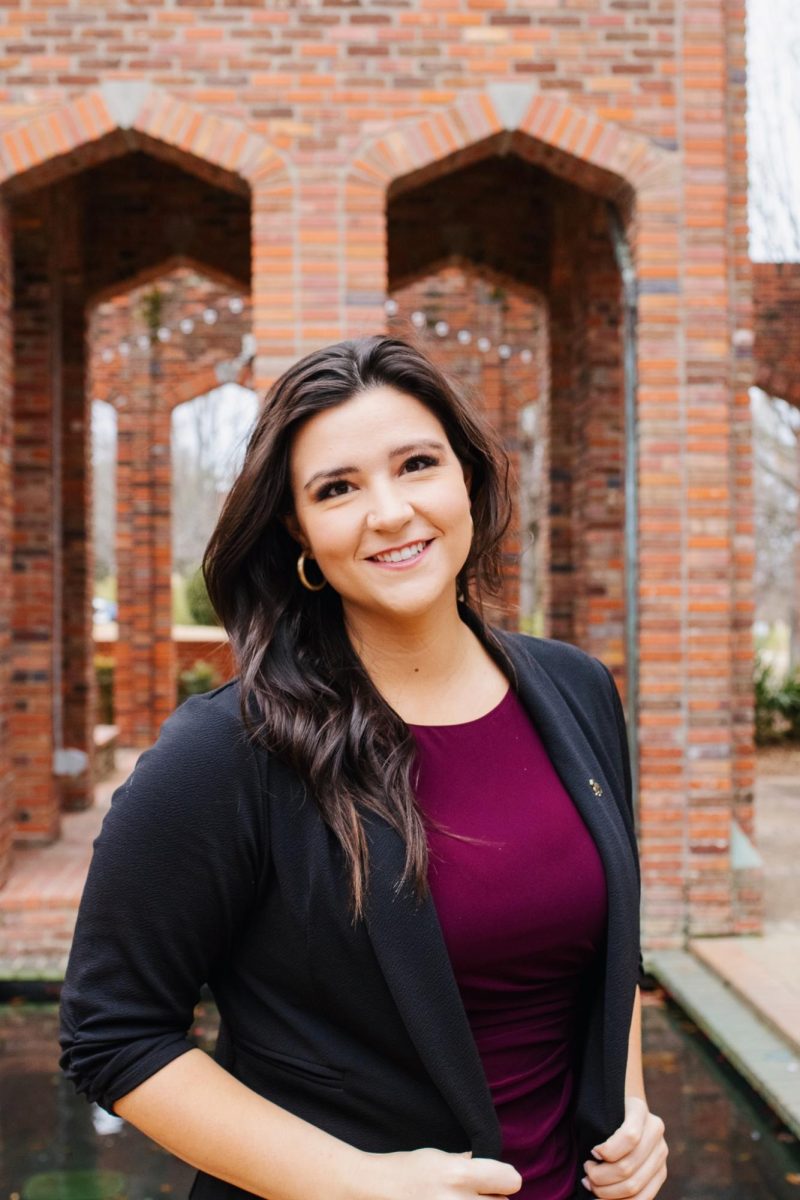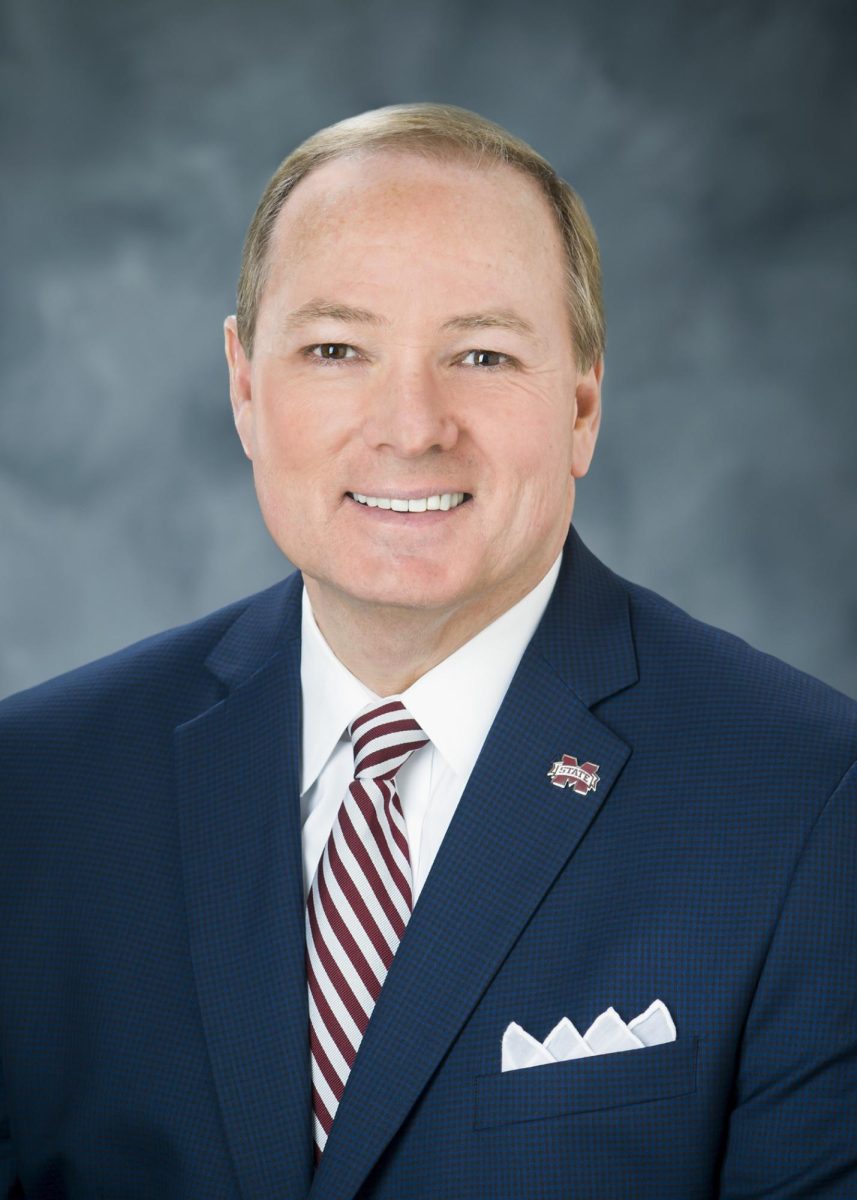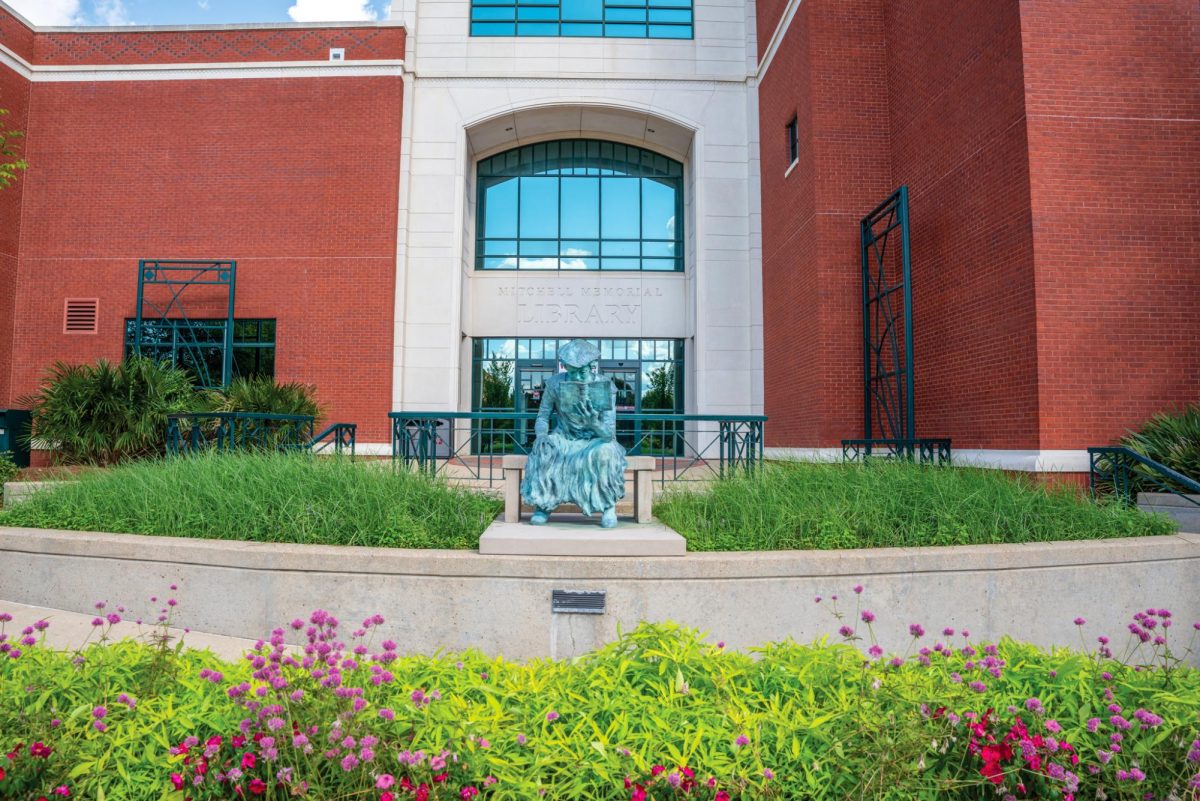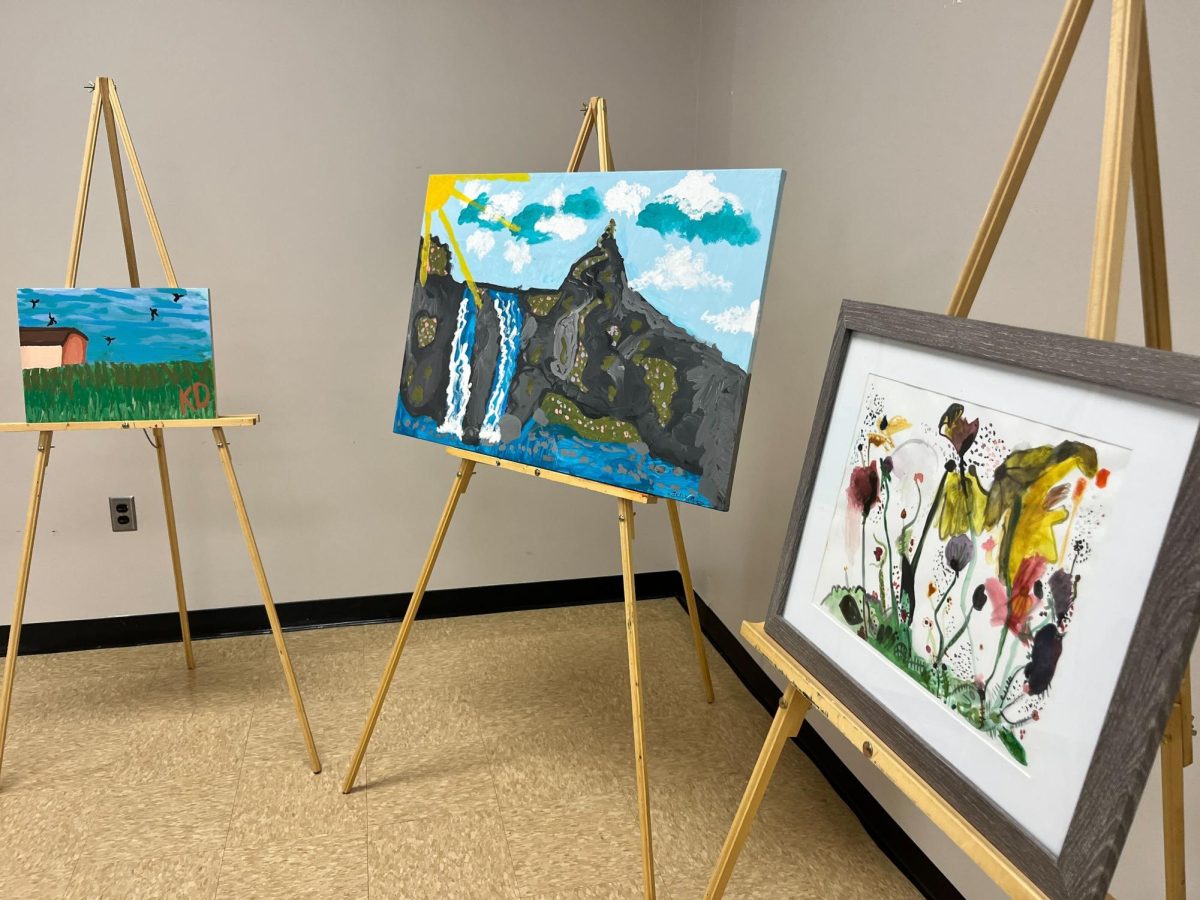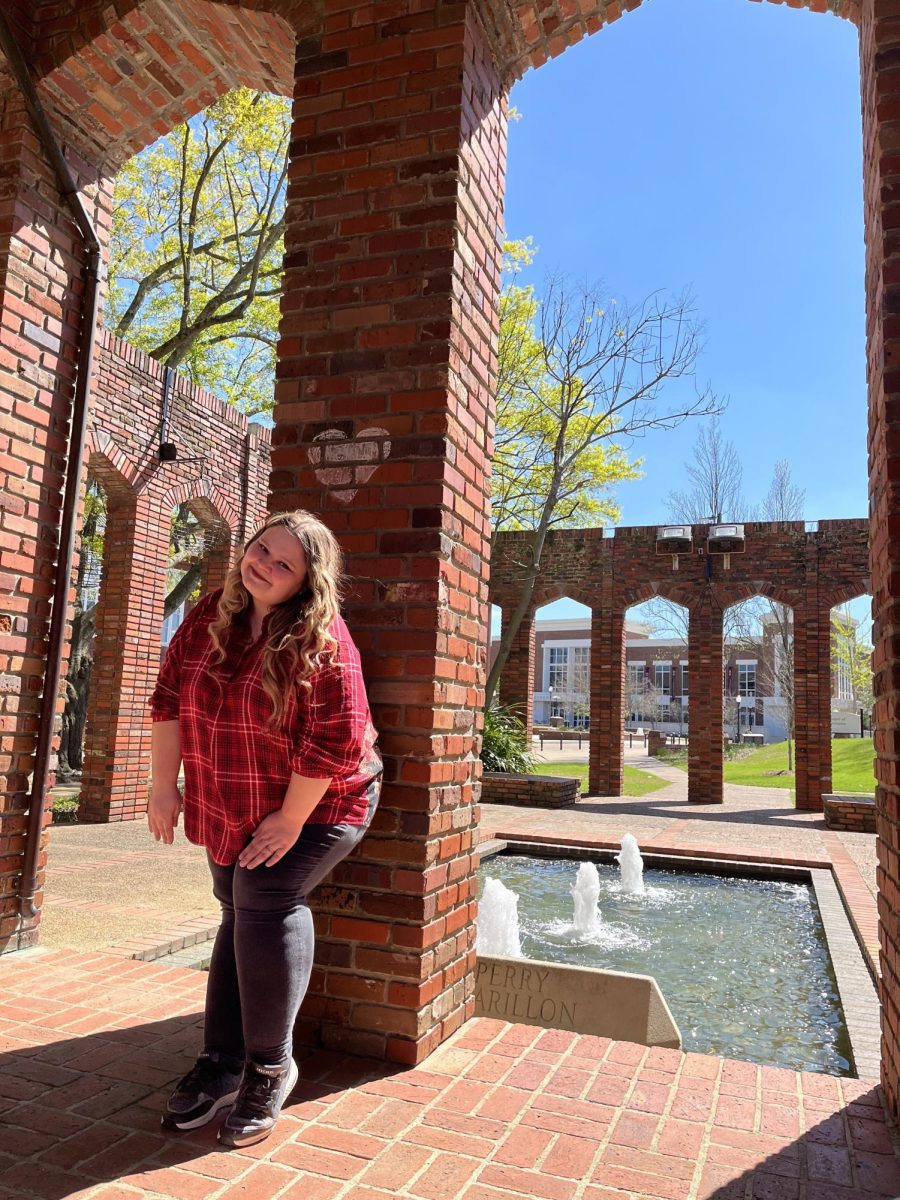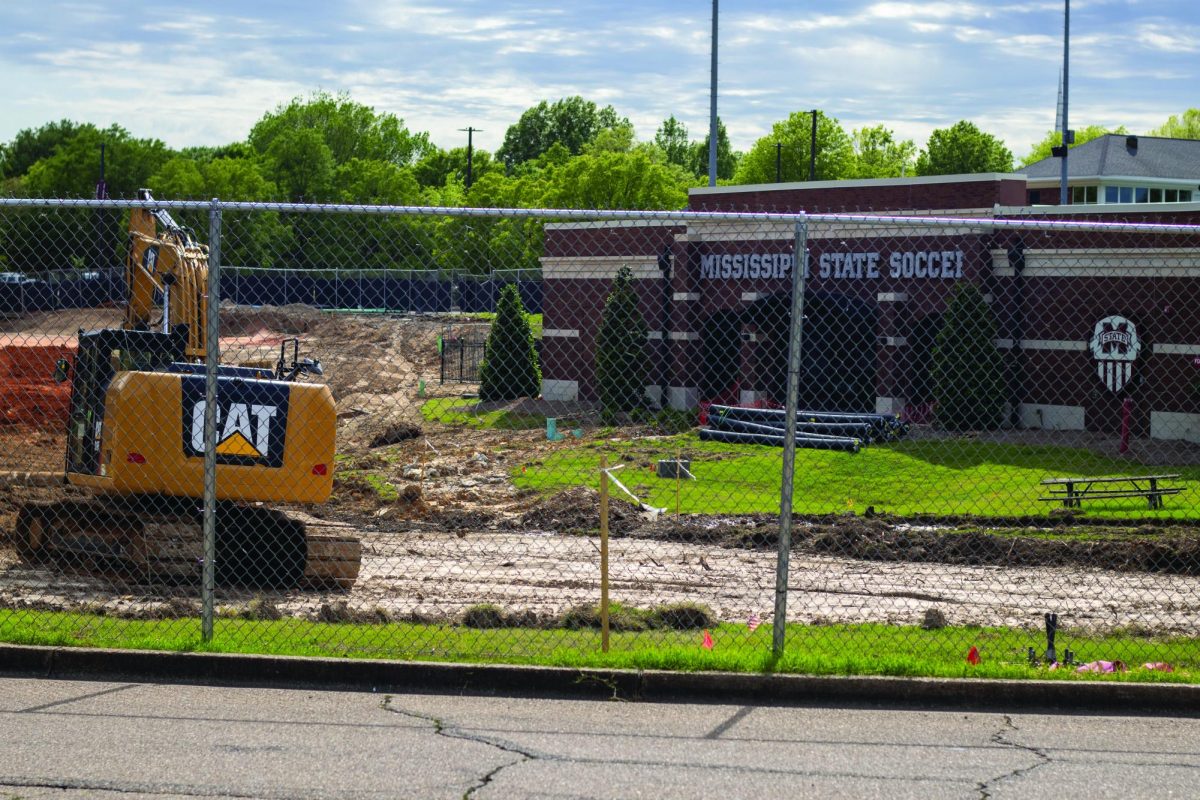Over the course of the summer of 2020, Colby Freeman, a senior biological engineering major at Mississippi State University, founded BECReative — a student organization with the purpose of pursuing a feasible method for carbon capture, sequestration, clean, renewable energy and overall reduction of the world’s carbon footprint.
The club consists of four teams: the market analysis team, carbon capture team, biological capture team and storage team. Members range from chemical, biological and biomedical engineering majors and biological sciences and computer science.
Earlier this year, XPRIZE announced a four-year-long competition for student-run groups, established companies and start-ups to see who can most effectively remove carbon dioxide from the atmosphere. XPRIZE is an international non-profit organization that develops and hosts competitions to utilize technological developments to benefit humanity.
BECReative at MSU was one of 23 groups worldwide picked to receive a cash prize for making their proposal a reality.
“This project was really going to be an opportunity to get the whole of the university involved,” said club founder Freeman.
Freeman officially started the group in May 2021 when he spearheaded getting the team off the ground and onto their feet. The club worked toward the XPRIZE competition all summer long. They started with a proposal, submitted it and then different professional engineers from around the world consulted their work to ensure their calculations were correct and that everything would work out the way it should. Time constraints were a big issue.
“There was a big question of whether we were going to get it done from the beginning,” Freeman said.
BECReative’s specific proposal is to combine carbon capture with the process of gasification. The team has not physically tested its proposal before, only virtually simulated. For the very first time, club members will experiment with their idea on MSU’s campus.
“Now that we’ve made it through the first phase, we have a chance of winning the $50 million prize,” said Emiliano Estrada, senior biological engineering major and head of the market analysis team. “To be honest, we never really expected to get the 250k. It’s been a lot.”
BECReative club members will use the money to support one of the club’s members to attend graduate school at MSU, bring a graduate student onto their team to work in the lab and purchase equipment and materials for gasification.
In February 2024, BECReative will have the opportunity to apply to have its work reviewed to qualify as a finalist. For this to happen, the team must demonstrate that their proposal can remove 1,000 tons of carbon dioxide within one year.
“It’s definitely a big challenge,” Freeman said, “but I think the great thing about the challenge of it is that even if we don’t end up winning that prize, we’re still set up very well, and I think that we’ve still contributed to progress in carbon capture which is the main goal of the competition.”
Freeman has been interested in biological engineering since he was in high school, yet he initially started in the agricultural engineering branch upon beginning his undergraduate degree.
“Engineering I really saw as an opportunity to take some problem-solving skills and then integrate it with biology,” Freeman said. “I just think that biological systems are going to be so much better suited to do most things than we are, but if we can harness them, then we can do some really amazing things and that’s kind of the whole idea behind our project.”
In the end, the entire purpose of BECReative and XPRIZE’s competition is to promote the removal of carbon dioxide, one of the biggest polluting greenhouse gases, from the Earth’s atmosphere.
“I think it’s a good thing for younger generations to start taking action,” BECReative market analysis head Estrada said. “All of my teammates are truly passionate about climate change and they really do care about making a difference.”
Since its conception, professors Fei Yu and Amin Amirlatifi have assisted BECReative members and allowed the students to use the professors’ labs to research, conduct experiments and collect data. Freeman said he plans to attend grad school at MSU and continue working on the project.
“This is not the end,” said club adviser Yu. “Especially for a student club, this is just the start.”
BECReative Energy Club at MSU wins $250k to remove carbon dioxide from atmosphere
BECReative Energy Club founder Colby Freeman is a senior biological sciences major at MSU. He kicked off the club in May 2021.
Donate to The Reflector
Your donation will support the student journalists of Mississippi State University. Your contribution will allow us to purchase equipment and cover our annual website hosting costs.














